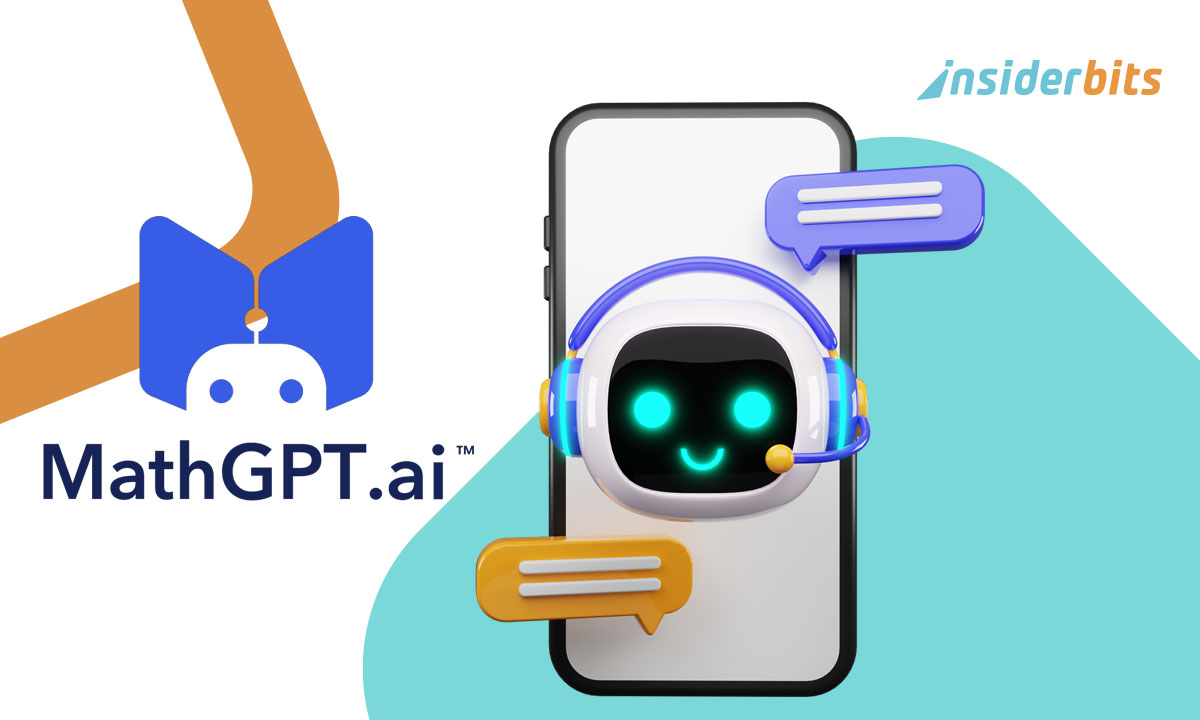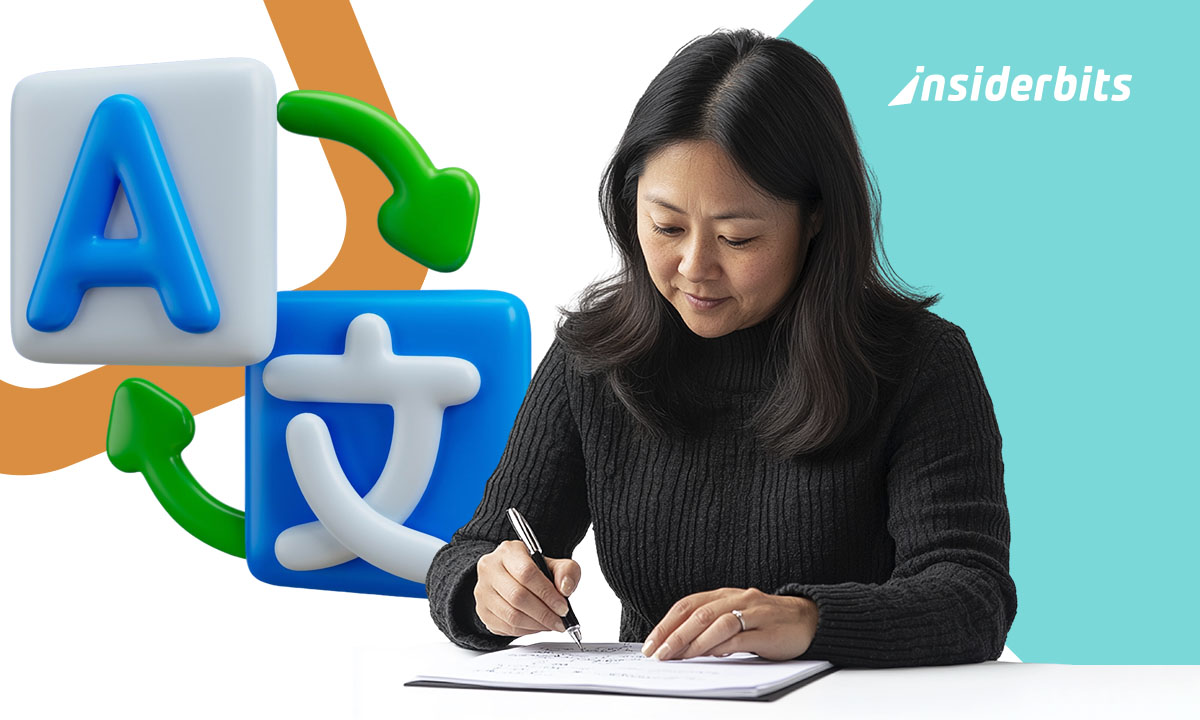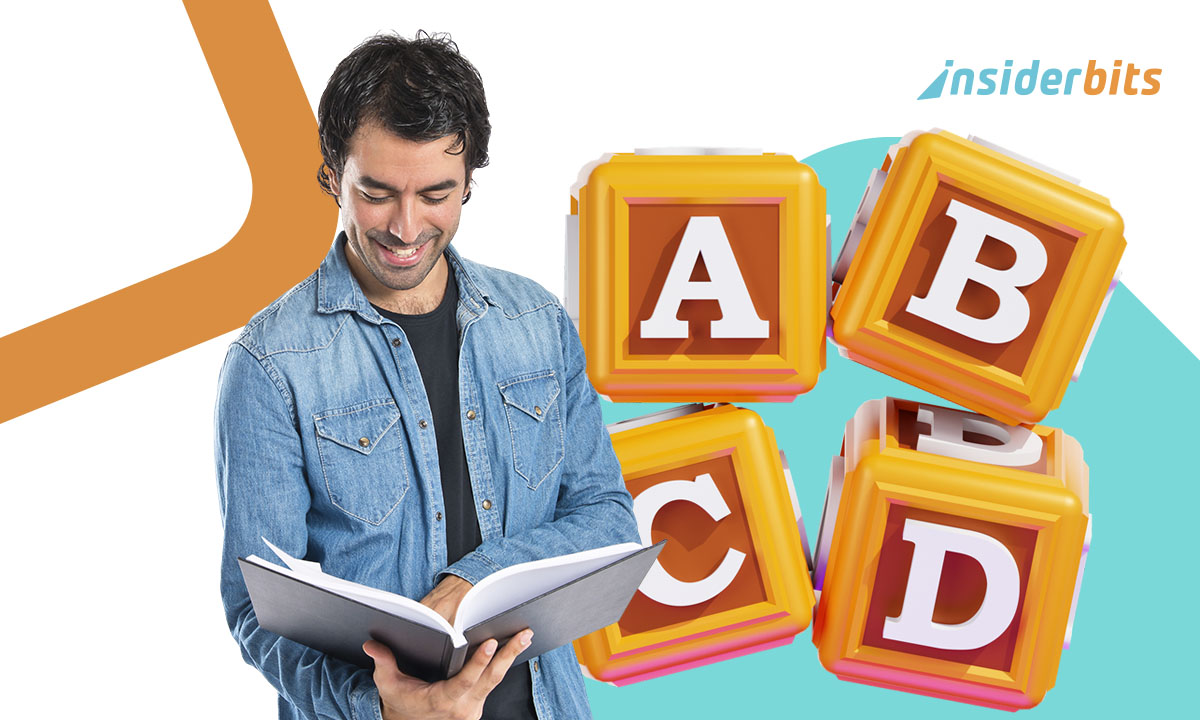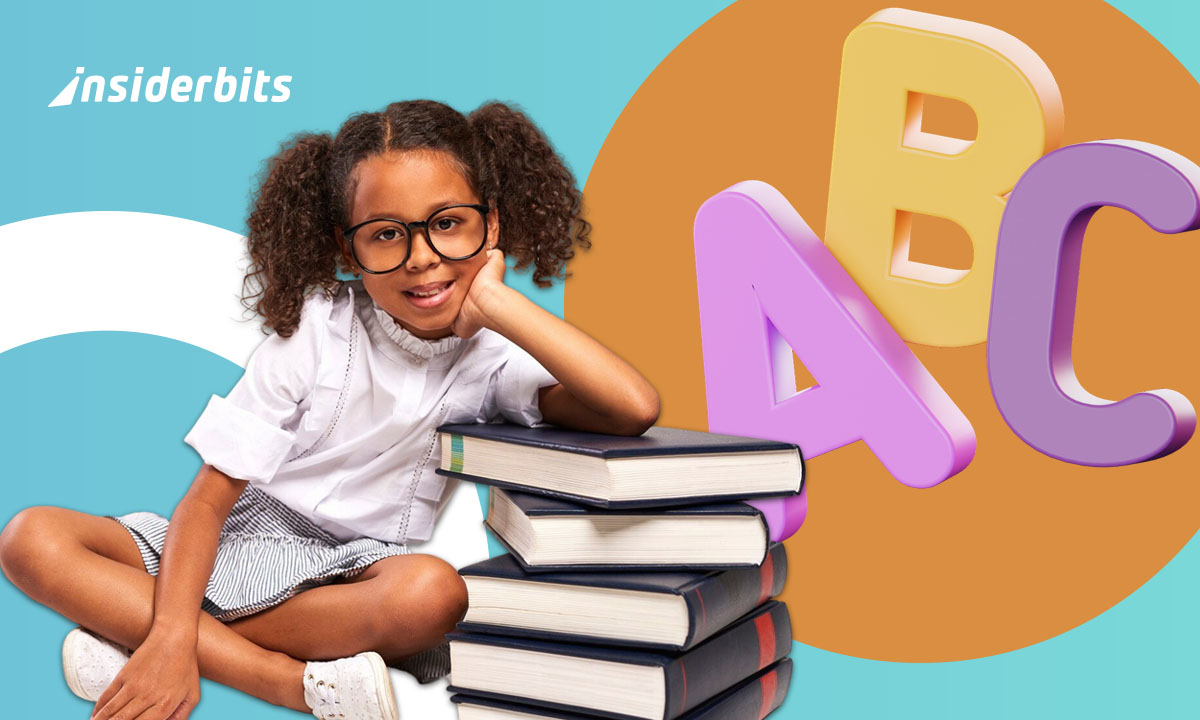Math anxiety isn’t just a childhood problem. Plenty of adults still freeze when faced with percentages, interest rates, or even splitting a restaurant bill. In fact, poor numeracy skills can quietly sabotage everything from personal finances to career growth. The good news? You don’t need to go back to school or hire a private tutor.
Enter basic math apps—digital lifesavers that turn once-intimidating numbers into manageable, bite-sized lessons. Whether you’re brushing up to avoid embarrassment in meetings or finally want to calculate discounts without opening a calculator, these apps are designed with real-world adults in mind.
- Boost Early Math Skills with Moose Math Fun!
- Free math app for kids: make learning fun at home
- Question.AI: Solve math problems with your camera phone
Basic math for adults: how to learn with apps
If you ever thought math lessons belonged to dusty classrooms, think again. Today, basic math apps like Khan Academy are redefining learning by making it accessible on your phone.
Adults juggling work, kids, or late-night Netflix binges can still carve out five minutes to practice fractions or mental arithmetic.
Here’s why apps are winning over so many late learners:
- They break complex topics into digestible lessons;
- You can revisit tricky concepts without judgment;
- Progress is tracked, keeping motivation alive;
- Real-life scenarios make learning feel practical.
In short, these apps let you learn on your own terms. Missed a step? Rewind. Need a refresher? Replay. Unlike your high school math teacher, an app won’t raise an eyebrow.
Step-by-step: how to start learning today
Getting started with basic math apps is refreshingly simple. No expensive enrollment fees, no intimidating textbooks. Just a download, a profile setup, and a willingness to try.
- Pick your app: Khan Academy is a favorite, but options like The Math Learning Center also offer intuitive tools for practice;
- Set your level: most apps let you choose a starting point, whether you’re shaky with multiplication tables or rusty with decimals;
- Practice daily: ten minutes a day adds up. Think of it as a mental workout, minus the sweat;
- Apply what you learn: try calculating interest on your credit card or checking the accuracy of your grocery store receipt.
And here’s the kicker: you don’t need to be a “math person”. Numeracy is a skill, not a genetic gift. These apps prove that anyone can sharpen their math edge.
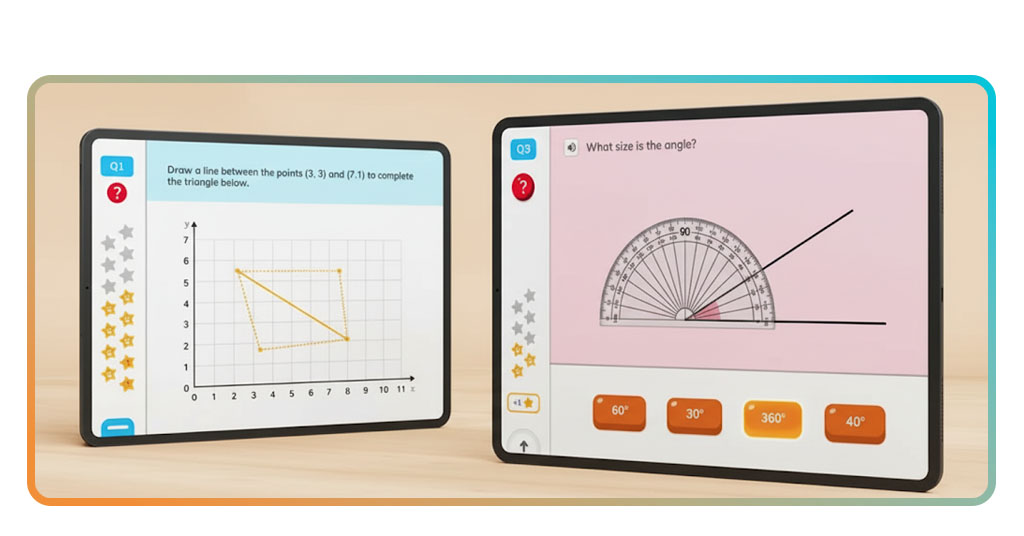
Key features that make math easy and practical
Basic math apps aren’t about showing off formulas you’ll never use again. Instead, they’re packed with features designed to make math relevant to everyday life.
- Interactive exercises;
- Step-by-step explanations;
- Gamified challenges to keep learning fun;
- Offline access for on-the-go practice;
- Progress tracking with personalized goals.
This practicality matters. It can be calculating a tip, budgeting your salary, or finally understanding loan interest rates, these tools connect math with the situations adults actually face. No more wondering, “When will I ever use this?”.
Where to download Khan Academy
Among all the basic math apps, Khan Academy deserves its spotlight. It’s free, it’s flexible, and it’s widely respected by educators and learners alike.
Available across platforms, it gives you everything from beginner arithmetic to advanced algebra—though you can stick to the basics if that’s your goal.
4.7/5
Want another way to stay productive with digital tools? Check out this Gauth app review and see how AI is helping students solve problems faster.
Why numeracy matters beyond school
More than simply passing tests, numeracy is about making informed decisions. Imagine knowing how much interest you’ll really pay on a loan, or understanding the fine print in a mortgage deal.
Adults who improve their math skills report more confidence in managing money and even pursuing better job opportunities.
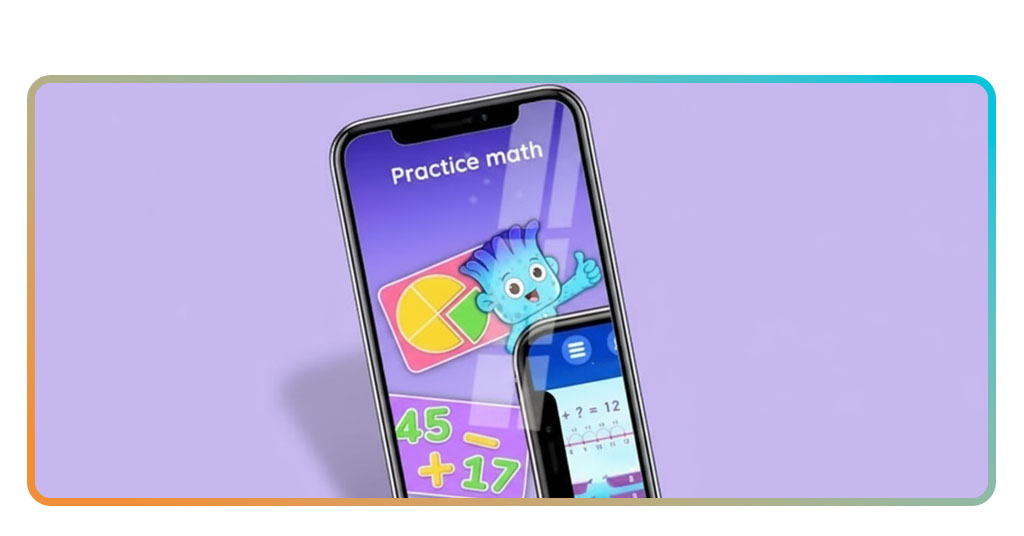
A National Numeracy report highlights how basic skills are directly tied to financial literacy. In other words, brushing up on your fractions might actually save you money.
And let’s be real: nobody wants to be the friend who can’t figure out how much everyone owes after a group dinner.
Tips to stay motivated
Even the best basic math apps can’t help if you don’t stick with them. Staying motivated means treating math practice like any other habit—small, steady, and non-negotiable.
- Start with just five minutes a day;
- Celebrate small wins, like nailing your times tables;
- Mix in real-world applications, like recalculating your budget;
- Pair learning with a reward, like coffee after a session;
- Remember: consistency trumps cramming.
Think of math as a mental gym. You don’t bulk up overnight, but with regular reps, you’ll feel stronger and more confident in no time.
Final thoughts
Basic math apps are proof that learning doesn’t have an age limit. They strip away the intimidation, bring math into the real world, and let you progress without pressure.
You may be a working parent, a college student catching up, or simply someone tired of avoiding numbers, these apps offer a lifeline.
So, next time you’re about to panic over percentages, remember this: you don’t need to be a math genius. You just need the right tool.

